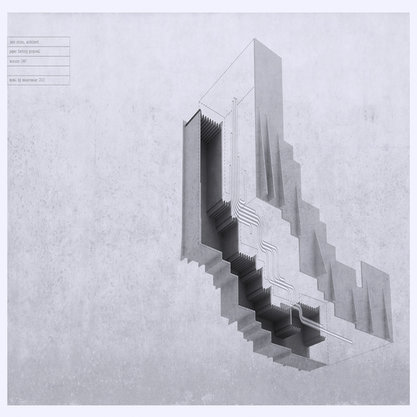Article
Jabra, Jabra Ibrahim (1920–1994) By Mejcher-Atassi, Sonja
Article
Born in Bethlehem, Palestine, in 1920, Jabra Ibrahim Jabra was a distinguished intellectual whose literary writing, translation, and criticism played an important role in Arab cultural life in the second half of the 20th century. A painter, art critic, and founding member of the Baghdad Group for Modern Art in 1951 (together with the Iraqi artists Jewad Selim and Shakir Hassan Al Said), Jabra’s most significant contribution to modern art was perhaps his writings as an art critic, particularly his publications Jawad Salim wa-nasb al-hurriyya (Jewad Selim and the Monument of Freedom, Baghdad, 1974) and al-Fann al-‘iraqi al-muasir (Iraqi Art Today, Baghdad, 1970), with which he introduced modern art in Iraq to a broader public. Jabra also wrote about his first encounters with art, and more broadly about visual culture, in his autobiography al-Bi’r al-ula (The First Well, 1987).


